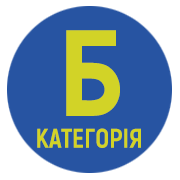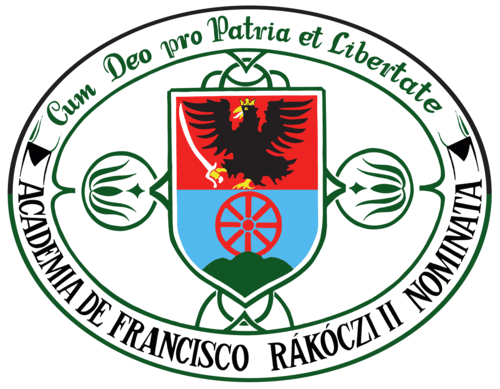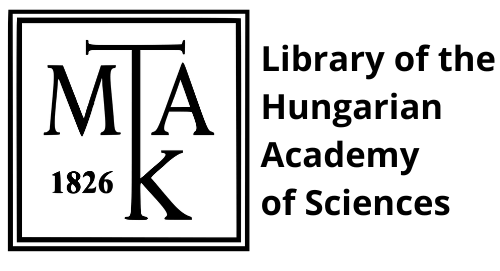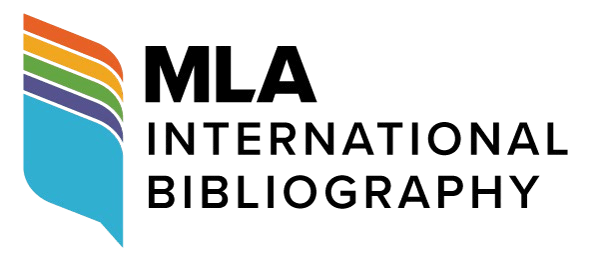Borrowing as a way of nominating food and drinks in the Central Podillya dialect
DOI:
https://doi.org/10.58423/2786-6726/2023-1-102-113Keywords:
Ukrainian dialect language, borrowings, thematic group of vocabulary, the Central Podillia dialect, names of food and drinks, közép-podiliai nyelvváltozatokAbstract
The article presents a description and systematization of lexical borrowings in the Central Podillia dialect in 10 settlements of Vinnytsia and Khmelnytskyi regions. The object of study is the Central Podillia dialect, because this area has a high heuristic potential for studing the mechanisms of interlanguage contact: Podillia is located on the border of different states, on the borders of the lands of different peoples, the borders of the Kyiv, Volyn and Halytsky principalities, the Tatar uluses, of the Principality of Lithuania, Poland, Moldova and Turkey, Russia and Austria came together here at different times. The subject of the analysis is the names of food and drinks. In the analyzed dialect materials, it was recorded 98 lexemes (17.8% of all nomens) for food and drinks, the etymons of which go back to Indo-European, Turkic, Caucasian, Finno-Hungarian, Sino-Tibetan languages. The largest number of borrowings in the thematic group of food and drink names of the Central Podillia dialect is attested from the languages of the Indo-European language family. The most frequently borrowed lexemes were recorded from the Romance group (41 nomens), in particular from the following languages: French (18 nomens), Latin (11 nomens), Italian (8 nomens), Romanian (3 nomens), Spanish (1 nomen). The least represented Greek language group, from which 6 nomens were borrowed. Many borrowings (24 nomens) are attested from Slavic languages, in particular from Russian (12 nomens), Polish (11 nomens) and Czech (1 nomen) languages. The Germanic group of languages, in particular German (12 nomens) and English (2 nomens), is also represented by various names for food and drinks in the dialects of Central Podillia. The following language families were less popular for borrowing the names of food and drinks in the dialects of Podillia: Turkic (6 nomens), Finno-Hungarian (3 nomens), Caucasian (3 nomens) and Sino-Tibetan (1 nomen). The established genetic affiliation of the identified lexical borrowings to a specific linguistic source is determined by historical, socio-economic, political and cultural factors of the development of Podillia. In the future, the analysis of isolex borrowings in the Podillia dialect may become a perspective for the study of foreign loanwords in the dialects of Podillia.
References
Azarova Larysa – Lepko Hanna, 2010. Osnovni vyznachennia typiv nominatsii v suchasnomu movoznavstvi [Basic definitions of nomination types in modern linguistics]. Ridnyi krai [Homeland]1, s. 86–90 (in Ukrainian).
Horofianiuk Inna, 2020. Inshomovni zapozychennia v hovirkakh Tsentralnoho Podillia [Foreign language borrowings in the Central Podillya dialect]. DOUĂ DECENII de la înființarea specializării Limba și literatura ucraineană la Facultatea de Litere – Universitatea Babeș-Bolyai din Cluj-Napoca * VOLUM ANIVERSAR * [TWO DECADES since the establishment of the Department of Ukrainian Language and Literature of the Faculty of Philology of the University named after Babesha-Boioi, Cluj-Napoca], m. Klush-Napoka (Rumuniia), s. 78–95 (in Ukrainian).
Hrytsevych Yurii – Levchuk Iryna, 2019. Tematychna hrupa nazv yizhi, napoiv ta kukhonnoho nachynnia u folklornykh tekstakh iz Zakhidnoho Polissia [Thematic group of names of food, drinks and kitchen utensils in folklore texts from Western Polissia]. Linhvostylistychni studii [Linguistic and stylistic studies]. Vyp. 11, s. 34–43 (in Ukrainian).
Gotsa Erika, 2009. Uhorski nasharuvannia sered nazv yizhi v ukrainskykh hovorakh Karpat [Hungarian layering among food names in the Ukrainian dialects of the Carpathians]. Upor. I. Sabadosh, O. Myholynets.Suchasni problemy movoznavstva ta literaturoznavstva : zb. nauk. prats [Modern problems of linguistics and literary studies: coll. of science works]. Vyp. 13. Uzhhorod, s. 45–49 (in Ukrainian).
Zahnitko Nadiia, 2012. Skhidnostepovi nazvy krupiv i strav z nykh [Eastern steppe names of cereals and dishes made from them]. Linhvistyka [Linguistics] 2, s. 62–71 (in Ukrainian).
Oskyrko Oleksii, 2018. Nazvy yizhi ta napoiv u skhidnopodilskykh hovirkakh [Names of food and drinks in Eastern Podolian dialects]: avtoref. dys.…kand. filol. nauk : 10.02.01. Uman (in Ukrainian).
Pitsura Tetiana, 2012. Zapozychennia yak dzherelo zbahachennia pobutovoi leksyky ukrainskykh hovoriv Karpat [Borrowing as a source of enrichment of everyday vocabulary of the Ukrainian dialects of the Carpathians]. Suchasni problemy movoznavstva ta literaturoznavstva : zbirnyk nauk. prats [Modern problems of linguistics and literary studies: collection of sciences. works]. Vyp.17. Uzhhorod, s. 45–50 (in Ukrainian).
Riznyk Vira, 2016. Nazvy yizhi ta kukhonnoho nachynnia v hovirkakh nadsiansko-naddnistrianskoho sumizhzhia [Names of food and kitchen utensils in the dialects of the Nadsyan-Transnistrian conjugation]: dys.…kand. filol. nauk : 10.02.01. Lviv, 2016. 370 s. (in Ukrainian).
Downloads
Published
How to Cite
Issue
Section
License
Authors retain copyright and grant the journal the right of first publication. The work is simultaneously licensed under a Creative Commons Attribution 4.0 International License (CC BY 4.0), which permits others to share the work with appropriate credit given to the author(s) and the initial publication in this journal.

















